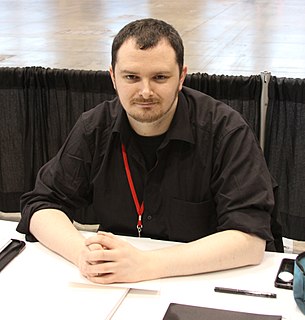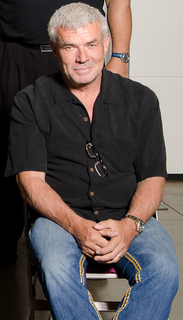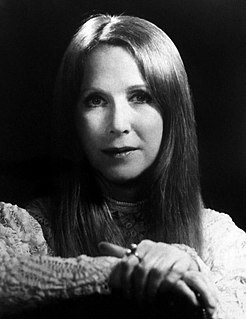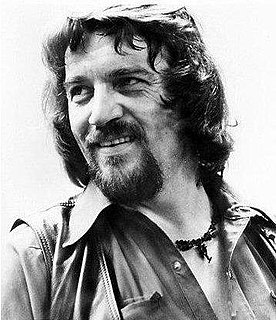A Quote by David Finch
I do believe, especially with the character of Batman, that the tone and the mood of the book is 80% of the job right there. And the more control I had over the story, the more control I had over the tone and the mood.
Related Quotes
When a book, any sort of book, reaches a certain intensity of artistic performance, it becomes literature. That intensity may be a matter of style, situation, character, emotional tone, or idea, or half a dozen other things. It may also be a perfection of control over the movement of a story similar to the control a great pitcher has over the ball.
Mood evidently affects the operation of System 1: when we are uncomfortable and unhappy, we lose touch with our intuition. These findings add to the growing evidence that good mood, intuition, creativity, gullibility, and increased reliance on System 1 form a cluster. At the other pole, sadness, vigilance, suspicion, an analytic approach, and increased effort also go together. A happy mood loosens the control of System 2 over performance: when in a good mood, people become more intuitive and more creative but also less vigilant and more prone to logical errors.
The less control people had over their work, the higher their blood pressure during work hours. Moreover, blood pressure at home was unrelated to the level of job control, indicating that the spike during work hours was specifically caused by lack of choice on the job. People with little control over their work also experienced more back pain, missed more days of work due to illness in general, and had higher rates of mental illness-the human equivalent of stereotypies, resulting in the decreased quality of life common to animals reared in captivity.
A short story is confined to one mood, to which everything in the story pertains. Characters, setting, time, events, are all subject to the mood. And you can try more ephemeral, more fleeting things in a story - you can work more by suggestion - than in a novel. Less is resolved, more is suggested, perhaps.
If someone does something we disapprove of, we regard him as bad if we believe we can deter him from persisting in his conduct, but we regard him as mad if we believe we cannot. In either case, the crucial issue is our control of the other: the more we lose control over him, and the more he assumes control over himself, the more, in case of conflict, we are likely to consider him mad rather than just bad.
I believe in tension and release, in that if you stay in the the same tone and mode and intensity for too long, it actually becomes monotonous. When you change up your pace or your humour level, then the release is welcome... I believe that's my biggest job: tone control, and maintaining enough unity so that it all feels like one movie and all the scenes belong together, and yet diversity so that emotional and narrative interest is maintained.








































